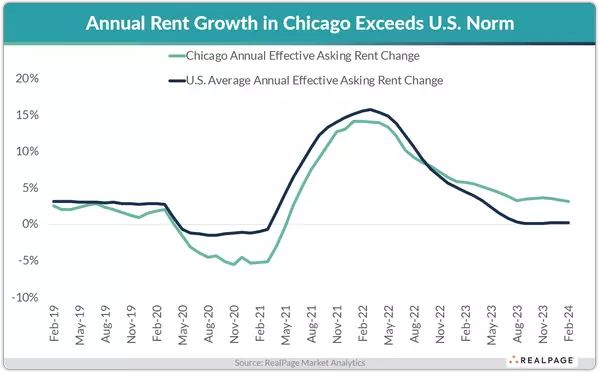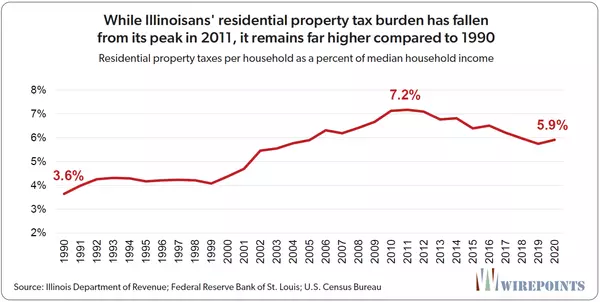Shifting Interest Rates and Their Impact

In the ever-evolving landscape of real estate, interest rates play a pivotal role in shaping market dynamics. As we navigate through fluctuating interest rates, both buyers and sellers are feeling the impact on affordability, purchasing power, and overall market conditions. Understanding these shifts is crucial for anyone looking to engage in real estate transactions.
For buyers, rising interest rates can significantly affect affordability. When interest rates increase, so do monthly mortgage payments. For instance, a 1% increase in interest rates can lead to a substantial rise in monthly costs for homebuyers. This increase can limit the amount that buyers are willing or able to spend on a home. As a result, many prospective homeowners may find themselves adjusting their budgets or re-evaluating their desired locations and property types.
Moreover, the psychological impact of rising interest rates cannot be underestimated. Buyers often perceive higher rates as a sign of an uncertain market. This perception can lead to hesitation and indecision, causing potential buyers to delay their purchase until they feel more confident about the market’s direction. In turn, this can create a slowdown in demand, which may influence sellers to reconsider their pricing strategies.
On the flip side, sellers are also navigating the complexities introduced by shifting interest rates. When rates rise, sellers may find it more challenging to attract buyers who are now facing higher borrowing costs. This scenario often leads to longer days on the market and increased competition among sellers to make their properties more appealing. Sellers might consider making improvements or adjustments to their pricing strategies to entice potential buyers who are feeling the pinch of affordability.
Conversely, when interest rates decrease, it can stimulate buyer activity as mortgage payments become more manageable. Lower rates often lead to increased demand as buyers rush into the market to take advantage of favorable lending conditions before they potentially rise again. For sellers, this environment can be advantageous as well; homes may sell faster and at higher prices due to increased competition among eager buyers.
Additionally, it’s essential for both parties to stay informed about broader economic trends that influence interest rates. Factors such as inflation, employment data, and Federal Reserve policies all contribute to fluctuations in mortgage rates. Buyers should remain vigilant and consider locking in lower rates when they become available. Conversely, sellers should be aware of these trends as they strategize their listings and pricing.
Another critical aspect is how different segments of the market react to changing interest rates. First-time homebuyers may feel the brunt of rising costs more acutely than seasoned investors or homeowners looking to upgrade or downsize. Many first-time buyers rely heavily on financing options and may have less flexibility in their budgets compared to those who have built equity over time.
Real estate professionals also play a vital role in navigating these changes. Agents need to be equipped with knowledge about current mortgage products and financing options that can help buyers maximize their purchasing power despite rising interest rates. For example, adjustable-rate mortgages (ARMs) might offer initial lower payments that could be beneficial for some buyers willing to take on some risk for potential future savings.
In conclusion, shifting interest rates have far-reaching implications for both buyers and sellers in the real estate market. Buyers must navigate challenges related to affordability while remaining proactive about securing favorable financing options. Meanwhile, sellers need to adapt their strategies based on current market conditions influenced by these rate changes.
As we move forward into an uncertain economic climate where fluctuations are likely to continue, staying informed is essential for anyone involved in real estate transactions. Whether you’re a buyer looking for your dream home or a seller preparing your property for listing, understanding how interest rate movements impact your situation will empower you to make informed decisions that align with your financial goals.
Ultimately, whether you’re buying or selling in this dynamic environment requires careful planning and strategic thinking—qualities that will serve you well no matter what direction the market takes next.
Vic Melecio - LPT Realty
Categories
Recent Posts












